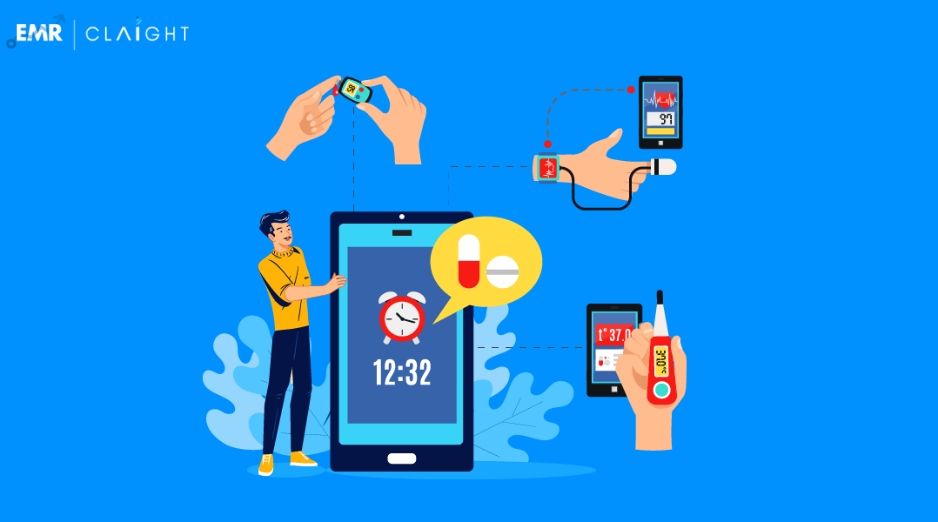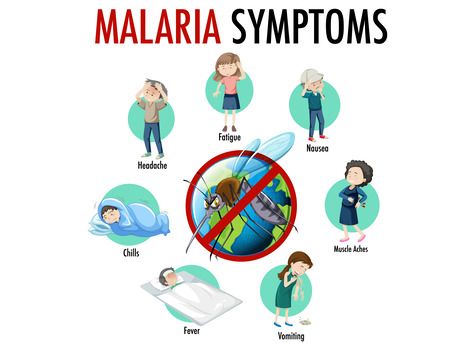In personal injury cases, medical professionals often find themselves in the middle of a complicated and overwhelming billing process. When you’re dealing with a patient who was involved in a car crash, slip-and-fall accident, or any other type that causes personal injuries, knowing the process of PI billing is crucial to ensure that you receive a fair amount for the services you provide. Additionally, many doctors look to professionals in personal injury billing to simplify the process and lessen the administrative workload.
In this blog, we’ll discuss the way that personal injury billing functions and the important role that the experts in personal injury billing are playing in making the whole process easier for medical experts along with their customers.
What is PI Billing?
It is the special billing method used to handle medical claims arising from injuries or accidents caused by someone else’s negligence. This can include cases involving accidents at work, automobile injuries, medical malpractice, slip-and-fall accidents, and much more.
When a patient seeks medical treatment for an injury caused by a third party, they generally don’t pay for the treatment out of pocket in advance. Instead, the insurer of the individual responsible for the injury or the at-fault party’s insurance, such as automobile insurance in the case of a car accident, covers the cost of treatment.
However, it’s never as simple as just making a claim and waiting for payment. The process involves multiple parties, legal issues, and a set of rules that govern how medical professionals get reimbursed.
Key Steps in PI Billing
Medical Treatment Documentation
The procedure starts when a patient seeks medical attention for an injury incurred during an accident. As a healthcare professional, you must record the patient’s injuries, treatment, and prognosis. Documentation plays an important role in the personal injury billing process because it aids in diagnosing or treating patients and also helps prove the patient’s condition when making claims.
Verification of Insurance Coverage
After the treatment, the next step is to confirm that the insurance coverage is valid. In the case of personal injuries, the payer might not be the health insurance company; instead, it could be the liability insurance of the individual responsible for the incident. This is where the situation can get complicated, as insurance companies may be reluctant to accept liability or may require extensive evidence to establish the extent of their responsibility.
Submitting the Claim
After the treatment and documentation have been completed, the claim has to be made. In personal injuries, the medical professional will usually send the medical bills to the third-party insurance provider (liability insurance). In contrast to traditional medical billing which has health insurance plans as the main payers for personal injury claims the insurer of the party at fault is the one to be charged.
Negotiations and Settlements
In many cases, the insurance company might challenge the amount charged or seek to settle for less. This phase in the personal injury process is significant because adjusters from insurance companies negotiate the potential settlement figure. It is essential for healthcare providers to be knowledgeable about personal injury statutes and the rights of patients to secure proper compensation.
Payment and Final Resolution
After the negotiations have been concluded after which the insurer has accepted the claim the payment will be sent to the medical practitioner. However, it is crucial to keep in mind that in certain situations payments may not be instantaneous and could take some time, perhaps even years especially if the situation involves litigation. The medical professional could need to coordinate with the patient as well as the insurance company to make sure there are no financial obligations fulfilled.
The Role of PI Billing Experts
Because of the complex nature of billing for personal injuries, doctors and medical professionals often opt to partner with experts in the field of personal injury billing services who will guide them through the whole procedure. They play an essential function in handling the complicated specifics that are involved in claims for personal injuries as well as making sure that healthcare providers get paid in exchange for services.
Let’s look at how personal injury experts can help:
Expert Knowledge of PI Laws and Codes
Experts in the field of personal injury have a deep understanding of specific codes of billing and the legal guidelines applicable to personal injuries. They are aware of how to accurately file claims as well as how to resolve insurance disputes and ensure that the bills are in compliance with the federal and local laws.
Efficient Claim Submission
The process of submitting claims in personal injury cases is more than simply sending an invoice. The experts in billing and collection can file claims in a manner that increases the chance of prompt and full payment. This includes submitting the right documentation and ensuring that all necessary forms are completed correctly.
Processing delayed payments and negotiations.
When payment is delayed or disputed, the experts in personal injury serve as intermediaries between the healthcare provider and the insurance company. They effectively resolve disputes and delay payments by addressing issues earlier in the course of action.
Managing Liens and Settlements
Personal injury cases typically require legal settlements, where the healthcare provider might have a lien imposed on the settlement. PI billing specialists manage these liens, making sure that medical professionals are paid before the patient gets any form of compensation. They can also help negotiate the amount of the lien if required.
Improving Cash Flow
By simplifying the billing and claims process, billing specialists will help medical practices improve their revenue flow. Their expertise in the procedure ensures that the practice doesn’t have to wait indefinitely for payment and that it is running as efficiently as it can be.




